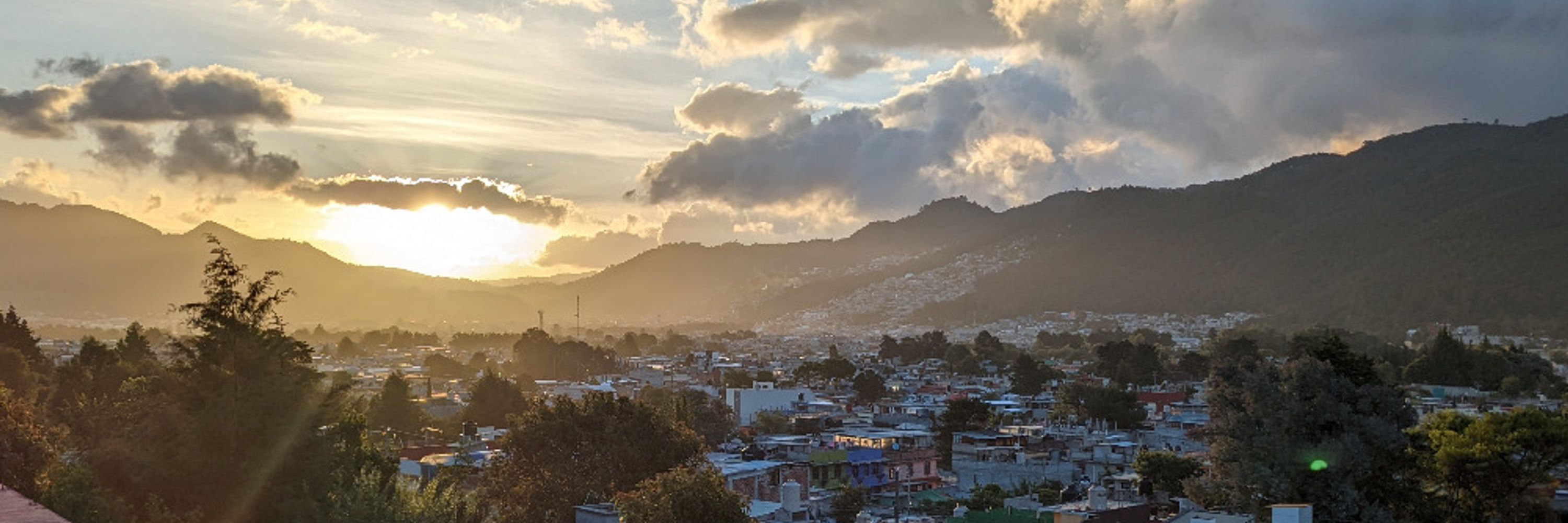Zane Selvans
@zaneselvans.org
980 followers
1.1K following
2.9K posts
Data Liberation Engineer @catalyst.coop. Climate, energy, bikes, cities, co-ops, and the strangeness of Our Modern Age. A former space explorer, now lost in the misty highlands of Mexico.
https://amateurearthling.org
🇺🇸/🇲🇽 he/él
Posts
Media
Videos
Starter Packs
Reposted by Zane Selvans
Reposted by Zane Selvans
Reposted by Zane Selvans
Matthewせいじ
@matthewseiji.com
· Aug 14
Zane Selvans
@zaneselvans.org
· 17d
Reposted by Zane Selvans
Zane Selvans
@zaneselvans.org
· 18d
Zane Selvans
@zaneselvans.org
· 18d
Zane Selvans
@zaneselvans.org
· 18d
Reposted by Zane Selvans
Zane Selvans
@zaneselvans.org
· 18d
Zane Selvans
@zaneselvans.org
· 18d
Zane Selvans
@zaneselvans.org
· 18d
Zane Selvans
@zaneselvans.org
· 18d
Zane Selvans
@zaneselvans.org
· 18d
Zane Selvans
@zaneselvans.org
· 18d
Zane Selvans
@zaneselvans.org
· 18d
Zane Selvans
@zaneselvans.org
· 18d
Reposted by Zane Selvans
Zane Selvans
@zaneselvans.org
· 19d
Zane Selvans
@zaneselvans.org
· 19d












